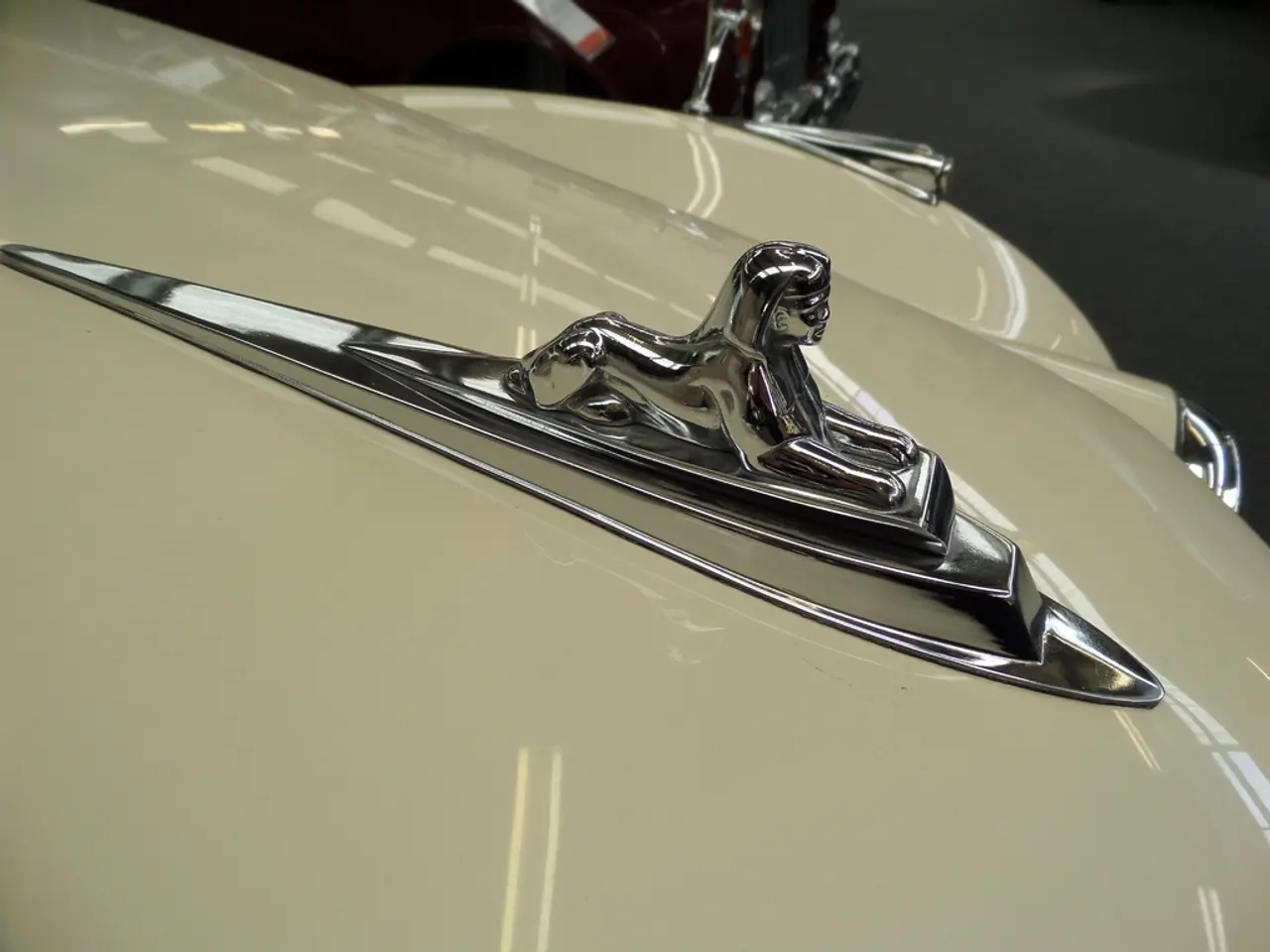Porsche and Piëch families abandon partnership with automobile-sharing companies
In the past two years, global automotive giants Porsche and Volkswagen have faced significant challenges, grappling with declining demand, expensive reorientation towards electric mobility, and a persistent economic crisis. This turbulence has taken a toll on the companies, as evidenced by Porsche's dramatic drop in profits.
In the second quarter of 2025, Porsche managed only 154 million euros in profit, a staggering 91 percent decrease compared to the previous year. Furthermore, the operating margin for Porsche fell to under two percent in the same quarter, with revenue taking a hit and falling by around thirteen percent.
The decline in exports, particularly to China, where both Porsche and Volkswagen once enjoyed high profits, has been a significant issue. The current crisis at Porsche is attributed by experts to its own weakness in electric vehicles and competition from local Chinese companies like Xiaomi.
In response to these challenges, Porsche SE, the investment vehicle of the Porsche-Piëch families, is strategically diversifying its investment portfolio to counterbalance these setbacks and capitalize on significant growth potential in other sectors.
One of the key areas of focus for Porsche SE's diversification is the defense and security sector. The company plans to invest in technology-driven areas within defense, such as satellite surveillance and reconnaissance systems, sensor systems and intelligent sensors, cybersecurity technologies, logistics and supply systems for defense, and dual-use technologies overlapping civilian mobility and national security.
Porsche SE aims to establish a platform to invest in promising defense tech startups, collaborating with other investors and European family offices to bridge innovation capital with security technologies. This strategic pivot enables Porsche SE to build a more diversified, resilient portfolio by balancing its mobility and industrial technology focuses with burgeoning sectors in defense and security.
The Porsche-Piëch families, who control both Volkswagen Group and Porsche AG, are moving away from relying solely on the automotive industry due to perceived risks in a phase of plant closures, profit pressure, and the relocation of production sites. The shift in investment strategy includes investments in sectors such as transportation and technology.
This move by Porsche SE comes amidst a wave of job losses in the German automotive sector. Around 19,000 jobs were lost in 2024 alone, and Porsche itself is planning to cut around 1,900 jobs in Stuttgart by 2029.
In conclusion, Porsche SE's diversification is a strategic response to challenges in the automotive industry and leverages its strong financial position to invest in defense tech sectors poised for growth, aiming for both financial returns and technological synergy across civilian and defense applications.
The sports sector has not been a focus for Porsche SE's strategic diversification, as the company aims to invest in technology-driven areas within defense, such as satellite surveillance and reconnaissance systems, sensor systems and intelligent sensors, cybersecurity technologies, logistics and supply systems for defense, and dual-use technologies overlapping civilian mobility and national security.
Despite the decline in profits in the automotive industry, Porsche sports teams have not been significantly affected by the job losses in the German automotive sector, as the company is strategically diversifying its investment portfolio to counterbalance these setbacks and capitalize on growth potential in other sectors like defense and security.





